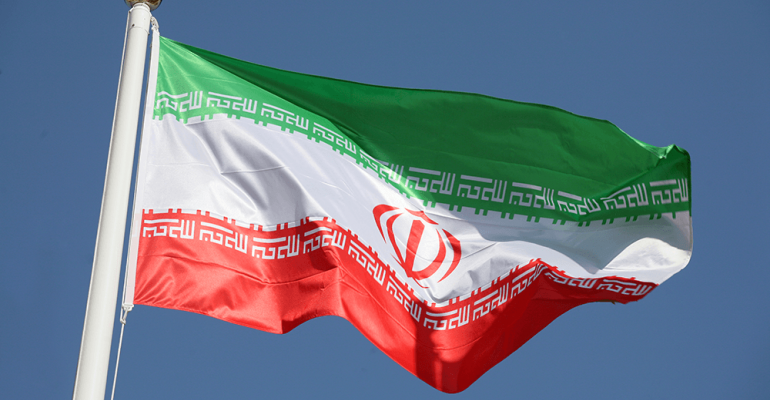Negotiations with Iran about its nuclear program have concluded with a framework plan announced by President Obama April 2.
As reported by The Guardian, the framework entails that Iran will make drastic cuts in its nuclear program in return for gradual lifting of sanctions placed against Iran’s economy. It is considered a historic breakthrough in the negotiations.
A fact sheet issued by the U.S. State Department contains specific details about the reduction in the number of centrifuges, the nature and pace of sanctions relief and the extent of inspections that Iran will face for up to 25 years.
The problem is this fact sheet was not part of any agreement. There are some similarities between the fact sheet and what is said on the Iranian Foreign Ministry website. However, the Iranian position conflicts with the fact sheet issued by the United States as Iranians were of the understanding not a single nuclear activity would be suspended or closed.
USM associate professor of political science Robert Press has been following the talks closely. “These negotiations were hard, very serious and it took months,” Press said. “They are proceeding on the basis of mistrust on both sides.”
Press explained the position of Iran in this deal.
“The key is verification and reward,” he said. “The Iranians want these sanctions lifted immediately in order to heal the economy which is suffering.”
Press expresses hope and believes they are serious about this agreement.
“When this deal was made, the talk in the mosques on Friday were all about the good news of this agreement,” Press said. “That’s significant because the Supreme Leader sets the tone for what is talked about in the mosques.”
Support for this deal has been held steadfast by the Obama administration. CNN news anchor and author Fareed Zakaria supports the deal, believing it to be the best option.
In his blog, Zakaria discusses two other alternatives to this deal with Iran. The first is return to sanctions.
“If the sanctions are maintained, Iran will be in trouble,” Zakaria said. “Oil prices have halved and are expending resources in Iraq and Syria. The pressure will be real.”
Zakaria also does not believe the sanctions will put a stop to the nuclear program. He cites that since 2003, it has grown exponentially despite the sanctions put against them.
“Option two is a military attack,” Zakaria said. “An attack would mean splintering the International Coalition against Iran. The sanctions would crumble and Iran would be able to rebuild.”
Opposition to the deal has been building as well. The Wall Street Journal reported Israeli officials and their supporters gearing up for a lobbying effort against the deal.
“There is an alternative: to stand firm, get a much better deal, a deal that can be trusted. The deal has to be made on the assumption that Iran might violate it,” said Israeli Minister of Intelligence Yuval Steinitz.
In response to the framework agreed upon April 2, Steinitz has presented a list of changes that drastically reworks the initial proposal.





























